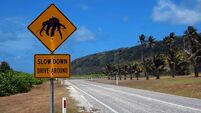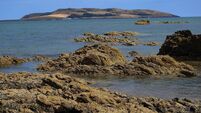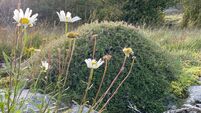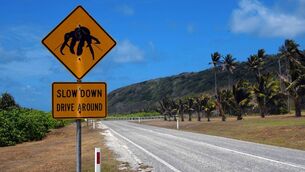Responsible gardening for peak plant health
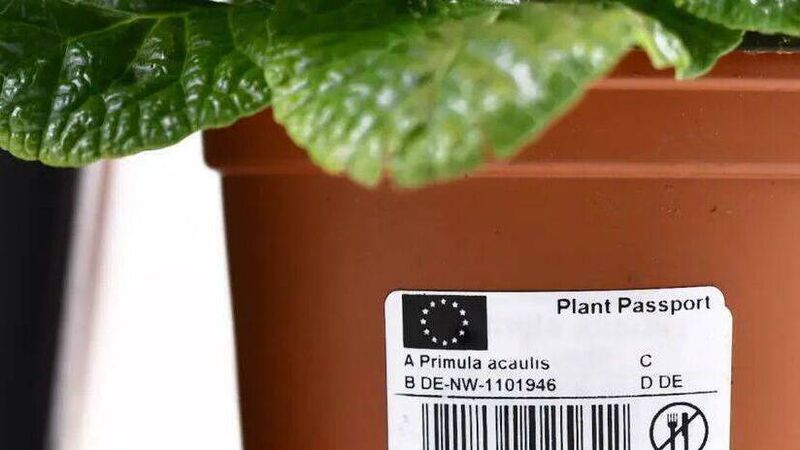
A plant passport contains vital information required for the trade of seeds, cuttings, plants, and trees between businesses in the EU. Plant passports are mandatory to identify the origins of plants and plant products, ensuring traceability and compliance with plant health regulations
Plants are an integral part of the environment in which we live — they give us the oxygen we breathe, they are part of the water cycle, and they are inextricably linked to the soil. They are the primary source of all food; and not only do plants feed us, but they are also used in textiles, drugs, building materials... and 1001 other uses.
However, protecting plant health is not a simple task. Plant pests and disease outbreaks have contributed to massive food shortages and famines over the years including in Ireland during the Great Famine of 1845-1852.




